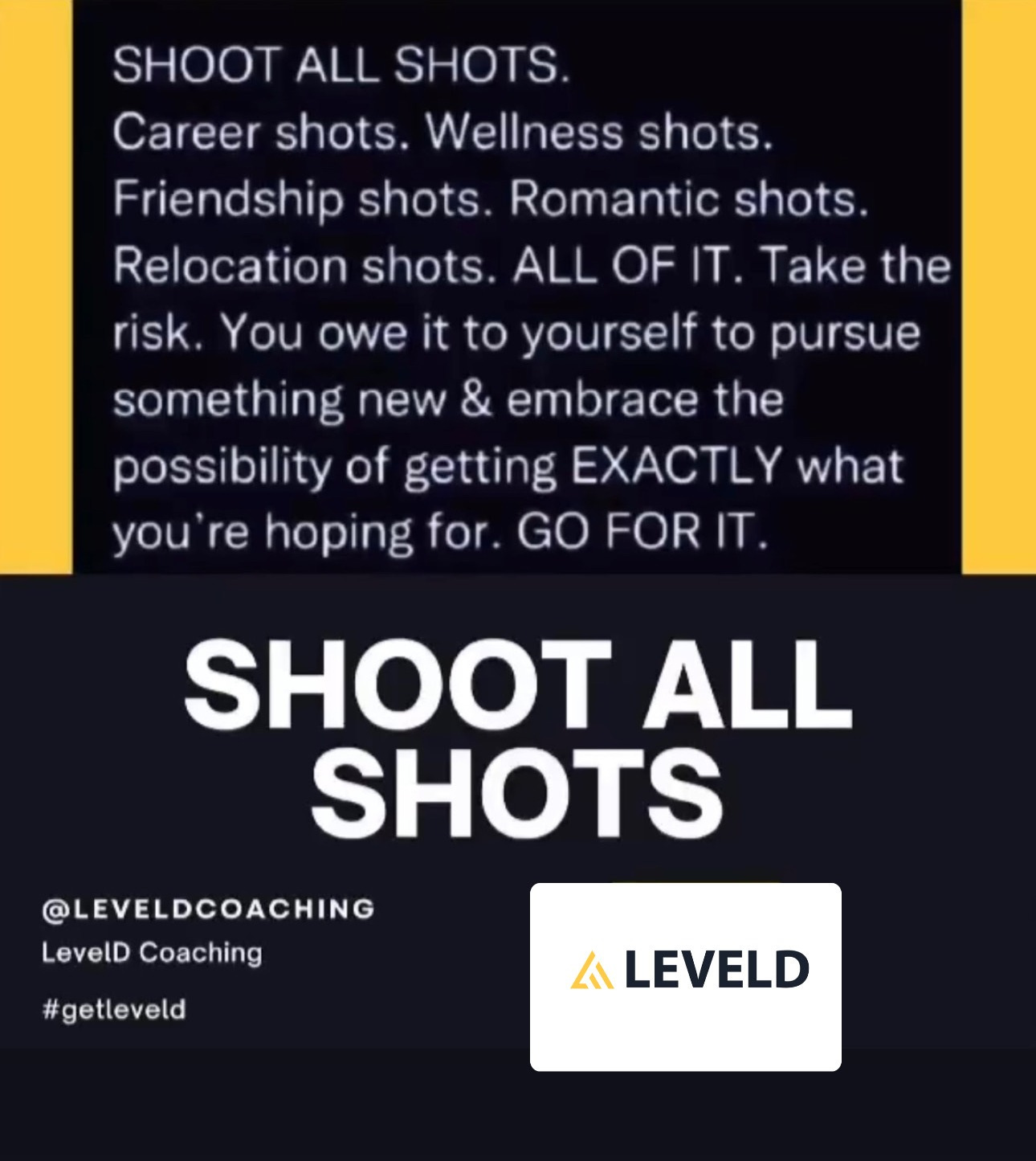Fear of Rejection: Navigating the Fight, Flight, Freeze, Fawn, and Flop Responses
Rejection is a universal experience that can evoke deep-seated fears and insecurities in even the most accomplished leaders. Whether it's during a job interview, in social situations, or while presenting new ideas, the fear of rejection can be crippling, manifesting in ways that hinder decision-making, relationships, and overall effectiveness.
Understanding the Fight, Flight, Freeze, Fawn, and Flop Responses
When confronted with rejection, our bodies often trigger a survival mechanism known as the "fight, flight, or freeze" response. However, recent research expands this to include two additional responses: fawn and flop.
When faced with rejection, our bodies often activate one of the "five Fs": fight, flight, freeze, fawn, or flop. These responses are natural survival mechanisms from trauma, evolved to help us cope with perceived threats. However, in modern social and professional contexts, they can sometimes hinder rather than help.
These reactions are instinctive and are designed to help us cope with perceived threats, though they often do more harm than good when navigating modern challenges.
Fight: This response involves aggression or assertiveness. In leadership, it may manifest as becoming overly critical, demanding, or confrontational when facing potential rejection.
Flight: This response is characterized by avoidance or withdrawal. Leaders might evade risks, shy away from difficult conversations, or procrastinate on important decisions to avoid the sting of rejection.
Freeze: This involves feeling paralyzed or overwhelmed. Leaders might find themselves unable to make decisions or progress, trapped in a state of inaction due to the fear of being turned down.
Fawn: This response involves people-pleasing behavior, where an individual might go out of their way to gain approval or avoid rejection. Leaders may overcompensate by bending over backward to please others, often at the expense of their own needs or values.
Flop: This response is less common but involves a complete collapse or submission. Leaders might feel utterly defeated, losing motivation and drive when faced with the possibility of rejection.
How Does Your Fear of Rejection Show Up in Social Situations?
Social situations often trigger these responses, particularly in settings where approval and acceptance are at stake. For instance:
In networking events, a leader might experience the flight response, avoiding interactions altogether for fear of not being well-received.
In meetings, the freeze response might take over, causing a leader to remain silent rather than share an idea that could be rejected.
During a difficult conversation, the fawn response could lead a leader to agree with the other person, even if it goes against their better judgment, just to avoid conflict or rejection.
When pitching an idea, the flop response might cause a leader to give up prematurely, assuming their idea won’t be valued or accepted.
Personal Relationships: Asking someone out, whether in the context of dating or deepening a friendship, can provoke intense fear of rejection, leading to a mix of these responses.
Building Your Rejection Resilience
Overcoming the fear of rejection requires building emotional resilience and cultivating self-awareness.
Here are some tools to add to your leadership toolkit:
Practice Radical Acceptance: Embrace the reality of rejection as an inevitable part of life. Accepting this truth can diminish its power over you and reduce the fear associated with it.
“Show up as You, your true authentic self, not as the person you think others want you to be.”
Self-Love: Prioritize self-compassion and affirm your worth, regardless of external validation. Understanding that rejection does not define your value is crucial to maintaining confidence and self-worth. It's easy to internalize rejection and equate it with personal inadequacy, but doing so only reinforces negative beliefs. Instead, recognize that rejection is often a reflection of external circumstances, differing perspectives, or simply not being the right fit for a particular situation.
By separating your self-worth from others' opinions or decisions, you can preserve your confidence and continue to pursue your goals with resilience. Remember, your value remains intact regardless of the setbacks you encounter.
Mindfulness: Stay present and manage emotional responses through mindfulness practices. This helps you respond to rejection with clarity & self-love rather than reacting out of fear.
Seek Support: Lean on a trusted friends who doesn’t just tell you what you want to hear, a coach, mentors, or therapists for support. Discussing your fears can provide new perspectives and reduce the emotional weight of rejection.
“Remember people can only offer advice up to the limits of their own fears and emotional tolerance.” - Damesha Craig
Challenge Negative Thoughts: Identify and replace self-defeating thoughts with positive affirmations. This mental shift can help you approach situations with a growth mindset rather than a fixed mindset.
Visualize Success: Envision yourself overcoming rejection and succeeding in your endeavors. Visualization can strengthen your confidence and prepare you for potential setbacks.
Embrace Failure: Reframe rejection as a learning opportunity. Every “no” brings you one step closer to a “yes,” and each rejection can offer valuable insights for personal and professional growth.
Unpacking Your Feelings
When faced with rejection, it’s essential to acknowledge and process your emotions. Allow yourself to feel the disappointment, but don’t let it define your next steps. Tools like journaling, talking to a trusted friend, or seeking professional help can be invaluable in navigating these feelings.
Remember, rejection is a natural part of life and leadership. By understanding its impact and developing strategies to overcome it, you can transform rejection into a powerful force for growth and resilience. As you strengthen your ability to handle rejection, you’ll find that it no longer holds you back but instead propels you forward on your journey to success.
Tuesday Tip: Shoot All Shots
Imagine playing a game of basketball. Every time you take a shot, there's a chance it might be a "brick," hitting the rim or missing the mark entirely. But there's also the possibility of a "swish," where the ball sails smoothly through the net, scoring points and boosting your confidence.
Life is much like this game. Every decision, risk, or opportunity you take is a shot. Sometimes, you might miss—things don't go as planned, and you might feel the sting of rejection or failure. But just like in basketball, the key is to keep shooting.
“You can't score if you don't take the shot.” - Damesha Craig
Even if you throw up a few bricks, every attempt is a chance to learn, adjust, and improve. With persistence, you'll start swooshing more and more, hitting your goals and realizing your potential. So, whether you're stepping into a meeting, making a big decision, or simply trying something new—shoot all shots. Each one brings you closer to success.






Do you have a fear of rejection? Comment below? 👇